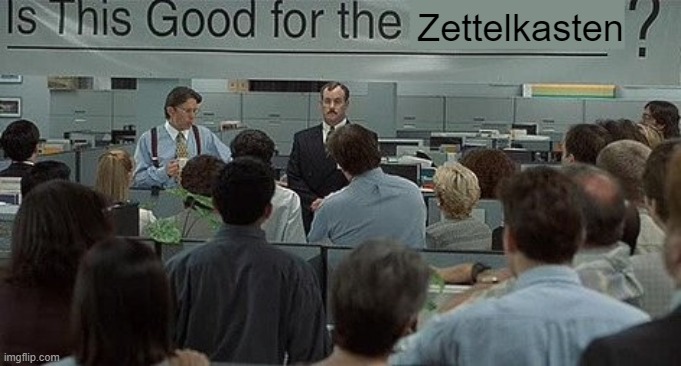it isn't just about alleviating their own personal suffering it's also about alleviating Universal suffering so this is where the the bodh satra or the Christ or those kinds of archetypes about being concerned about the whole
for - example - individual's evolutionary learning journey - new self revisiting old self and gaining new insight - universal compassion of Buddhism and the individual / collective gestalt - adjacency - the universal compassion of the bodhisattva - Deep humanity idea of the individual / collective gestalt - the Deep Humanity Common Human Denominators (CHD) as pointing to the self / other fundamental identity - Freud, Winnicott, Kline's idea of the self formed by relationship with the other, in particular the mOTHER (Deep Humanity), the Most significant OTHER
adjacency - between - the universal compassion of the bodhisattva - Deep humanity idea of the individual / collective gestalt - the Deep Humanity Common Human Denominators (CHD) as pointing to the self / other fundamental identity - Freud, Winnicott, Kline's idea of the self formed by relationship with the other, in particular the mOTHER (Deep Humanity), the Most significant OTHER - adjacency relationship - When I heard John Churchill explain the second turning, - the Mahayana approach, - I was already familiar with it from my many decades of Buddhist teaching but with - those teachings in the rear view mirror of my life and - developing an open source, non-denominational spirituality (Deep Humanity) - Hearing these old teachings again, mixed with the new ideas of the individual / collective gestalt - This becomes an example of Indyweb idea of recording our individual evolutionary learning journey and - the present self meeting the old self - When this happens, new adjacencies can often surface - In this case, due to my own situatedness in life, the universal compassion of the bodhisattva can be articulated from a Deep Humanity perspective: - The Freudian, Klinian, Winnicott and Becker perspective of the individual as being constructed out of the early childhood social interactions with the mOTHER, - a Deep Humanity re-interpretation of "mother" to "mOTHER" to mean "the Most significant OTHER" of the newly born neonate. - A deep realization that OUR OWN SELF IDENTITY WAS CONSTRUCTED out of a SOCIAL RELATIONSHIP with mOTHER demonstrates our intertwingled individual/collective and self/other - The Deep Humanity "Common Human Denominators" (CHD) are a way to deeply APPRECIATE those qualities human beings have in common with each other - Later on, Churchill talks about how the sacred is lost in western modernity - A first step in that direction is treating other humans as sacred, then after that, to treat ALL life as sacred - Using tools like the CHD help us to find fundamental similarities while divisive differences might be polarizing and driving us apart - A universal compassion is only possible if we vividly see how we are constructed of the other - Another way to say this is that we see others not from an individual level, but from a species level
